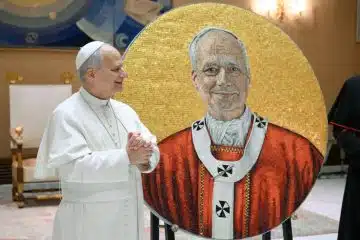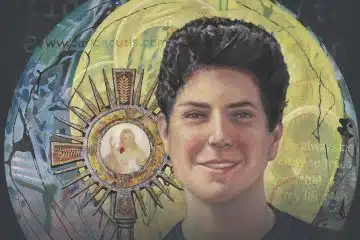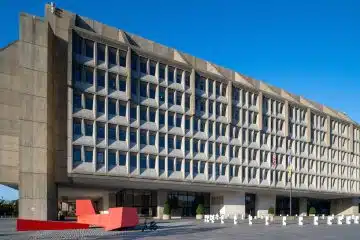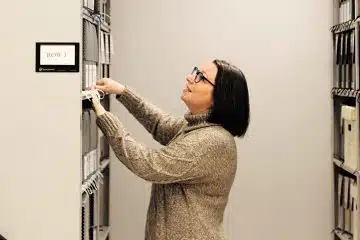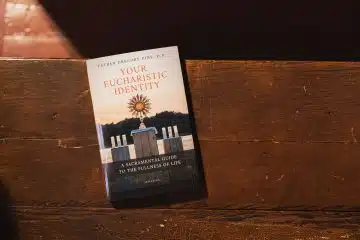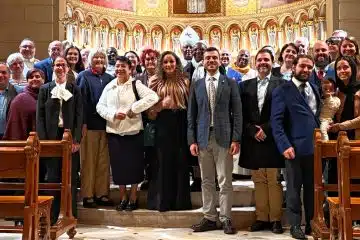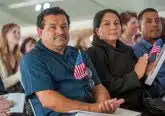Being Pro-Life: the plight of adults brought to the United States as children
 “I was born dirt poor on a dirt floor. I lived in a small shack with aluminum walls and an aluminum roof. No running water, no electricity, a bed and a bucket… When I was four years old, my parents decided to come to the United States.”
“I was born dirt poor on a dirt floor. I lived in a small shack with aluminum walls and an aluminum roof. No running water, no electricity, a bed and a bucket… When I was four years old, my parents decided to come to the United States.”
This is how José describes the life his parents escaped from in Mexico. His parents wanted to find a way to provide something better for their son, but their living situation in Mexico provided no hope. The trip across the desert to the United States was too dangerous for a young child, so they made a desperate choice. They found a man with a son of similar age to José willing to bring him across pretending he was his son. There, they waited for his parents to make the perilous journey across the desert.
Entering the United States legally was not an option for his parents. Although the system cannot be explained fully here, it is reasonable to say that without a close relative who is a U.S. citizen or greencard holder, or a job offer from a U.S.- based employer, there is no pathway for permanent entry into the United States. Another way to cross the border would be by obtaining a visitor’s visa, and then just staying after it expires. But, unlike a U.S. citizen who typically needs only a passport to travel to Mexico, a Mexican citizen must pay costly fees and provide reasonable proof that he will not try to stay — like substantial property held in Mexico — to obtain a visa to travel in the United States José’s parents had nothing, and were left to either stay where they had no hope, or cross the U.S. border without documentation in hopes of finding something better.
José was reunited with his parents, but his father turned abusive and abandoned his family, including José and two U.S.- born sisters. If you think raising three kids as a single mom is tough in this country, try doing it as an undocumented, unskilled and uneducated immigrant who can’t apply for legal work. José is very proud of what his mother was able to do for her children, and was inspired by her example to work hard to do something with his life.
In his freshman year of high school, José was unable to read, write or do basic math. But inspired by his mother and a new mentor from Big Brothers Big Sisters, José worked hard to become an honor student by his senior year, and he went on to study at Xavier University.
Because of the DACA (Deferred Action for Childhood Arrivals) program instituted under President Obama in 2012, José was able to receive a work permit and apply for scholarships so he could afford college. He earned a degree in Entrepreneurship and has an internship in Washington, D.C. Of course, all of that may come to a halt if the DACA program does not continue before his current status expires.
“We’re not asking for free citizenship,” José explained. He simply wants to be allowed to continue to work in the United States while he goes through the multiyear process of applying for permanent residency.
If you want to get involved, José said the Interfaith Justice and Peace Center (IJPC) is a great place to start, at www.ijpccincinnati.org. There you can learn about the challenges and needs of immigrants, and invite a trained presenter to speak at your parish or school about our broken immigration system. You can also contact legislators to support solutions for the problems facing immigrants today.
To watch or listen to the full interview, check out the video below:
This is the third topic of a 12-month series, focusing on a different aspect of Respect Life work each month. Next month’s column will be on Project Rachel, a Catholic post-abortion ministry.


